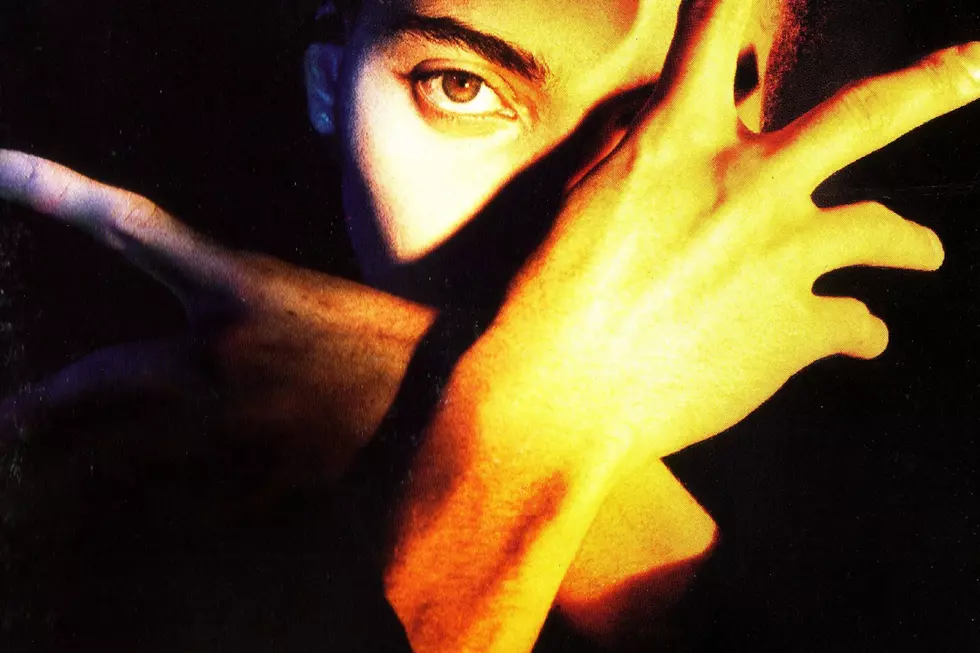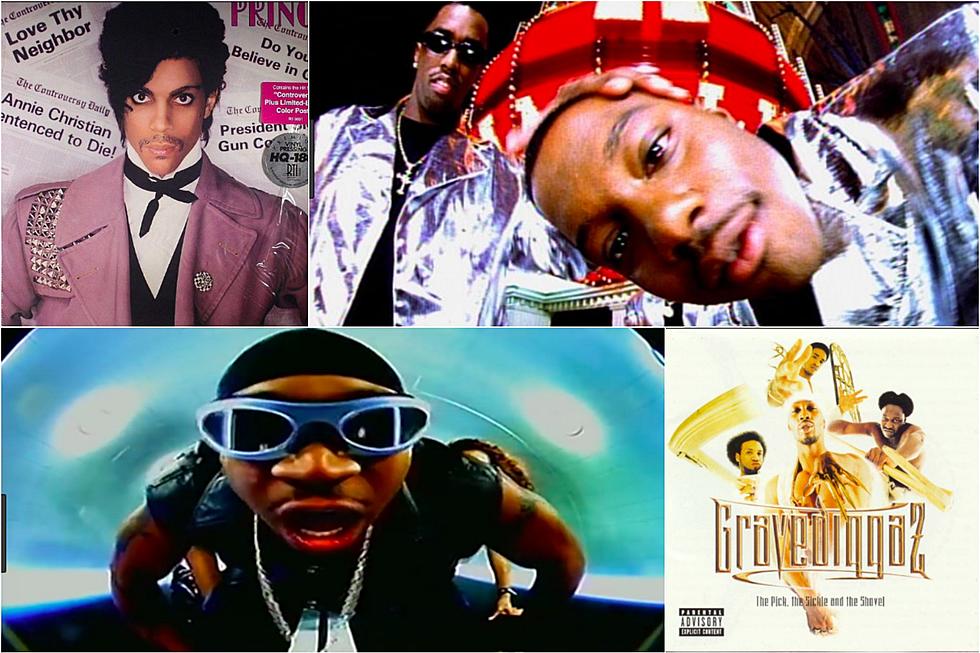20 Years Ago: Terence Trent D’Arby’s ‘Vibrator’ Fails to Hit the Magic Spot
Terence Trent D'Arby's major-label career suffered a third and fatal commercial failure with the release of 1995's unjustly ignored Vibrator album, sending him into a self-imposed exile from which he would emerge after six long years -- with a brand new name.
D'Arby is the extraordinarily talented singer, songwriter and multi-instrumentalist best known for hits such as "Sign Your Name" and "Wishing Well," from his 1987 mega-platinum debut, Introducing the Hardline According to Terence Trent D'Arby.
The only problem was that those bright, catchy songs presented D'Arby in his most polished, eager-to-please mode. When he followed that up two years later with the much moodier, artier (and pretty darn great) Neither Fish Nor Flesh, the masses pretty much completely ignored him.
Sadly, the same fate also met his completely masterful, amazingly diverse and yet more accessible third album, 1993's Symphony or Damn. Perhaps sensing a change in image was needed, D'Arby replaced his long black braids for a close-cropped blond haircut on the cover of Vibrator. The music within was a more modest, less unified collection of songs covering the same basic territory as Symphony -- and apart from the minor U.K. chart success of the Hardline-throwback ballad "Holding On To You," it met the same frustrating commercial fate.
Looking back years later, D'Arby (now going by the name Sanada Maitreya, as we'll explain in a minute), declared that the album "was considered 'too Rock for R&B,' and 'too R&B for Rock.' [I] again pushed the envelope, this time the envelope pushed back." He also contends that Vibrator contains "the blueprint for a sound which produced/influenced the beginnings of at least several other artists."
Highlights include the trippy funk guitar and backwards loops of "Read My Lips (I Dig Your Scene)" the Latin-tinged horns of "We Don't Have That Much Time Together" and the fire and brimstone rock theatrics of "Resurrection." "Holding On to You" and the album-closing piano ballad "It's Been Said" once again prove that D'arby's got one of the best soul voices of the modern era, and his bass playing steps to the front on both the lush "Undeniably" and the dramatic, dynamic "Surrender."
Unfortunately, the saddest, simplest truth is probably that D'Arby's music was just too unique, idiosyncratic and genre-defiant to repeatedly reach a mass audience. Luckily, he seems to have found happiness in independence, relocating to Europe and changing his name after being inspired by a series of dreams. “Terence Trent D’Arby was dead,” he told The New Yorker. “He watched his suffering as he died a noble death. After intense pain I meditated for a new spirit, a new will, a new identity.”
Maitreya was one of the first major artists to keep ownership of his master recordings and self-release music via the internet, and he still tours regularly overseas. His most recent release is 2014's The Rise of the Zugebrian Time Lords.
Watch Terence Trent D'Arby Perform "Vibrator"
See 20 Rappers & Singers Who Disappeared From the Spotlight
More From TheBoombox









